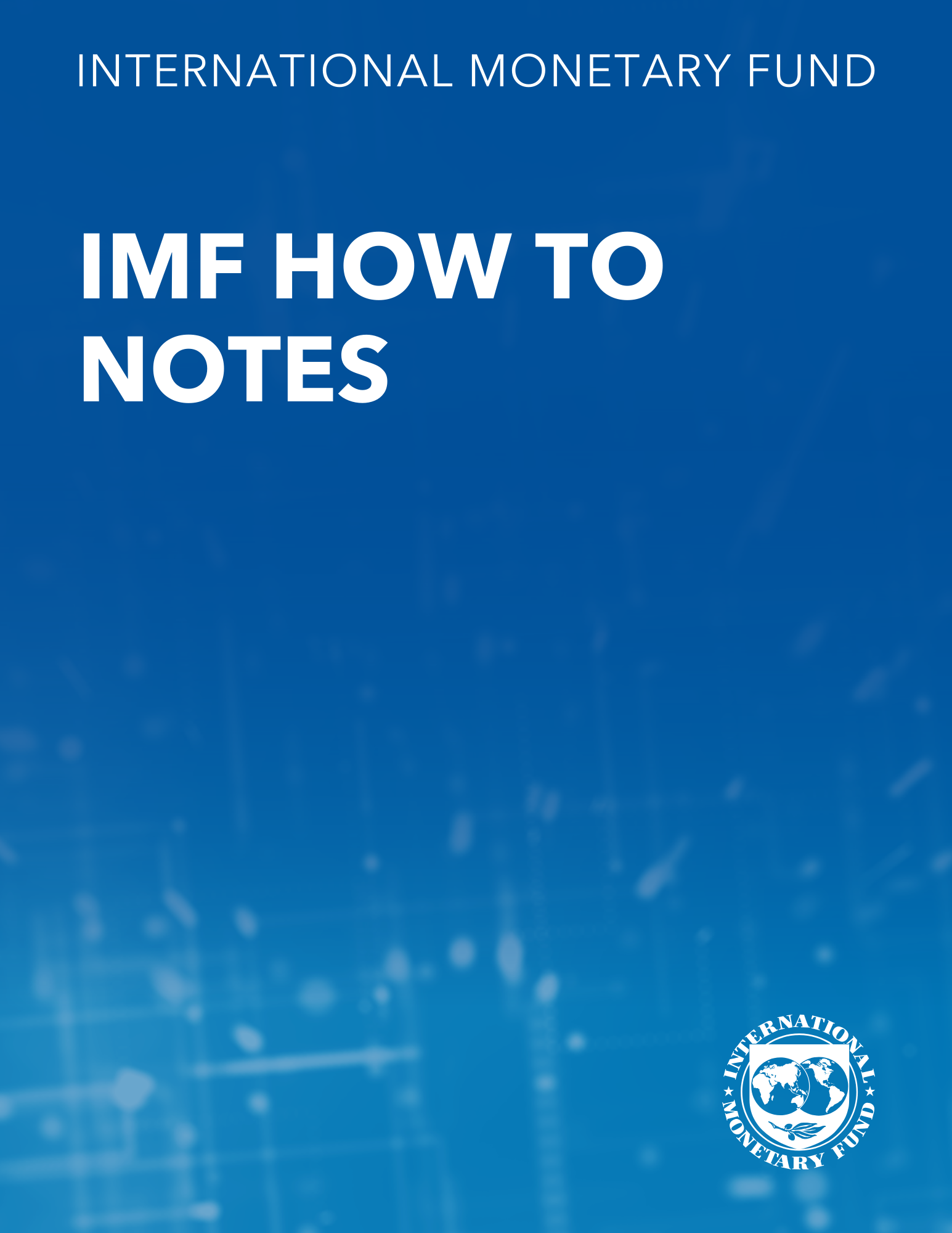Tax Incentives and Investment in the Eastern Caribbean
January 1, 2006
Disclaimer: This Working Paper should not be reported as representing the views of the IMF.The views expressed in this Working Paper are those of the author(s) and do not necessarily represent those of the IMF or IMF policy. Working Papers describe research in progress by the author(s) and are published to elicit comments and to further debate
Summary
Tax incentives have been used extensively in the countries of the Eastern Caribbean Currency Union (ECCU) to promote investment. The associated revenue losses are large, and benefits in terms of new investment have been limited, raising doubts about the cost effectiveness of the tax incentive schemes. This paper examines the effects of incentives using the marginal effective tax rate approach (METR), adapting this methodology to the case of a small open economy where the marginal investor is a nonresident. The results show that METRs are high in the region; that there is a large dispersion in the size of METRs across financing source; and that METRs on investment are larger than the overall distortion on capital, with a substantial subsidy to domestic saving. In the presence of tax holidays-the most common incentive scheme in the region-the distortion on capital basically vanishes.
Subject: Consumption taxes, Marginal effective tax rate, Stocks, Tax holidays, Tax incentives
Keywords: rate of return, tax system, WP
Pages:
29
Volume:
2006
DOI:
Issue:
023
Series:
Working Paper No. 2006/023
Stock No:
WPIEA2006023
ISBN:
9781451862836
ISSN:
1018-5941






